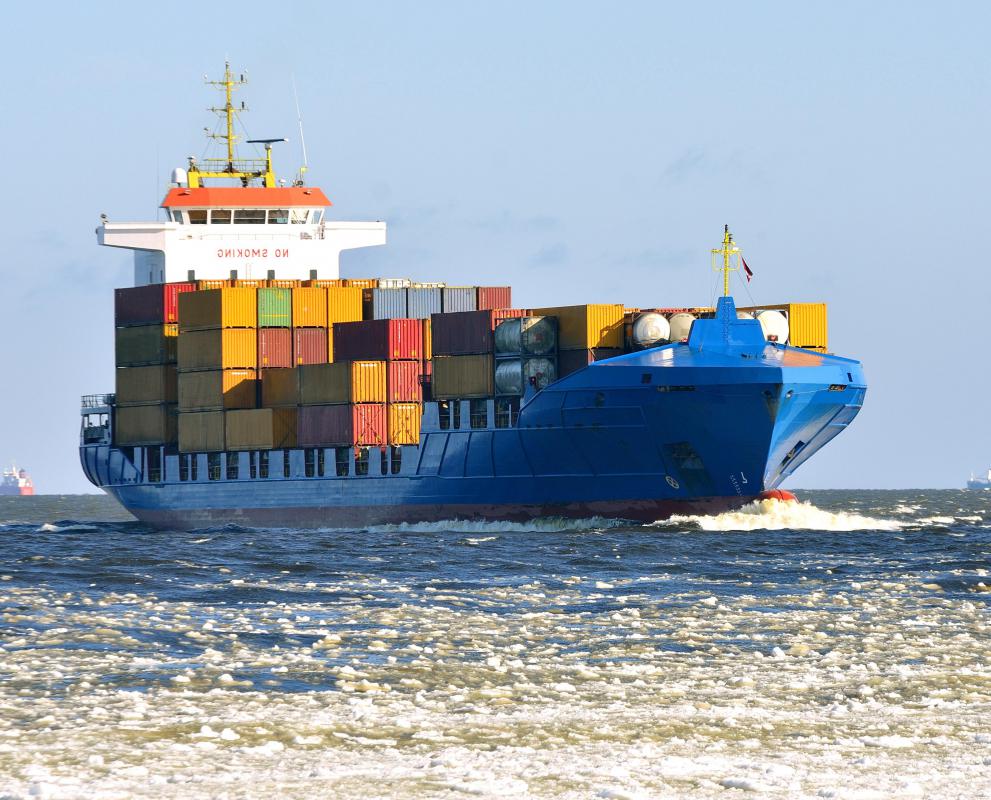At WiseGEEK, we're committed to delivering accurate, trustworthy information. Our expert-authored content is rigorously fact-checked and sourced from credible authorities. Discover how we uphold the highest standards in providing you with reliable knowledge.
What is the Carriage of Goods by Sea Act?
The Carriage of Goods by Sea Act is the section of United States code that governs the responsibilities and protections of shippers of cargo and the carriers of that cargo. The act follows and expands upon international law. It lays out who is responsible for the goods at each point in the process and what those responsibilities are.
In 1924 an international convention met to create international rules governing bills of lading. A bill of lading is basically a receipt given by a ship owner to a shipper. It acknowledges that goods have been received and the condition of those goods at the time. The bill also serves as a contract, letting both parties know where the goods are going and who will receive them at their destination.
In the United States, the Congress chose to amend some of the so-called Hague Rules, laid out by the National Convention. The Carriage of Goods by Sea Act is the result of their efforts. It took effect on 16 April 1936.

The Carriage of Goods by Sea Act governs all maritime shipping of goods to or from the United States. It does not apply to shipping between the United States and any province or territory owned by that country. Also, the act only governs the actual shipping process from the time goods are loaded until they are unloaded from the ship. Before and after that time, other laws apply.
Under the act, the first responsibility of the carrier is to ensure that his or her ship is seaworthy. This means that it is properly manned and equipped. It must also have proper facilities for the goods the carrier intends to transport. For example, if he or she is transporting food, the ship should have working refrigeration units.
The carrier must issue to the shipper a bill of lading. This bill must contain an inventory of the goods and their condition at the time of loading. If goods are lost or damaged, the carrier must notify the shipper immediately.
If all of these conditions are followed, the carrier does gain certain protections under the Carriage of Goods by Sea Act. He or she is not at fault for accidents as long as the ship was seaworthy at the start of the voyage. Acts of God, war, and a number of other unforeseen consequences are out of the carrier's control, and so he or she is not held liable for them. As of January 2006, the carrier could also not be held liable for more than $500 US Dollars (USD) per unit of freight. He or she has the right to destroy any dangerous cargo if it was loaded without his or her consent.
AS FEATURED ON:
AS FEATURED ON:











Discuss this Article
Post your comments